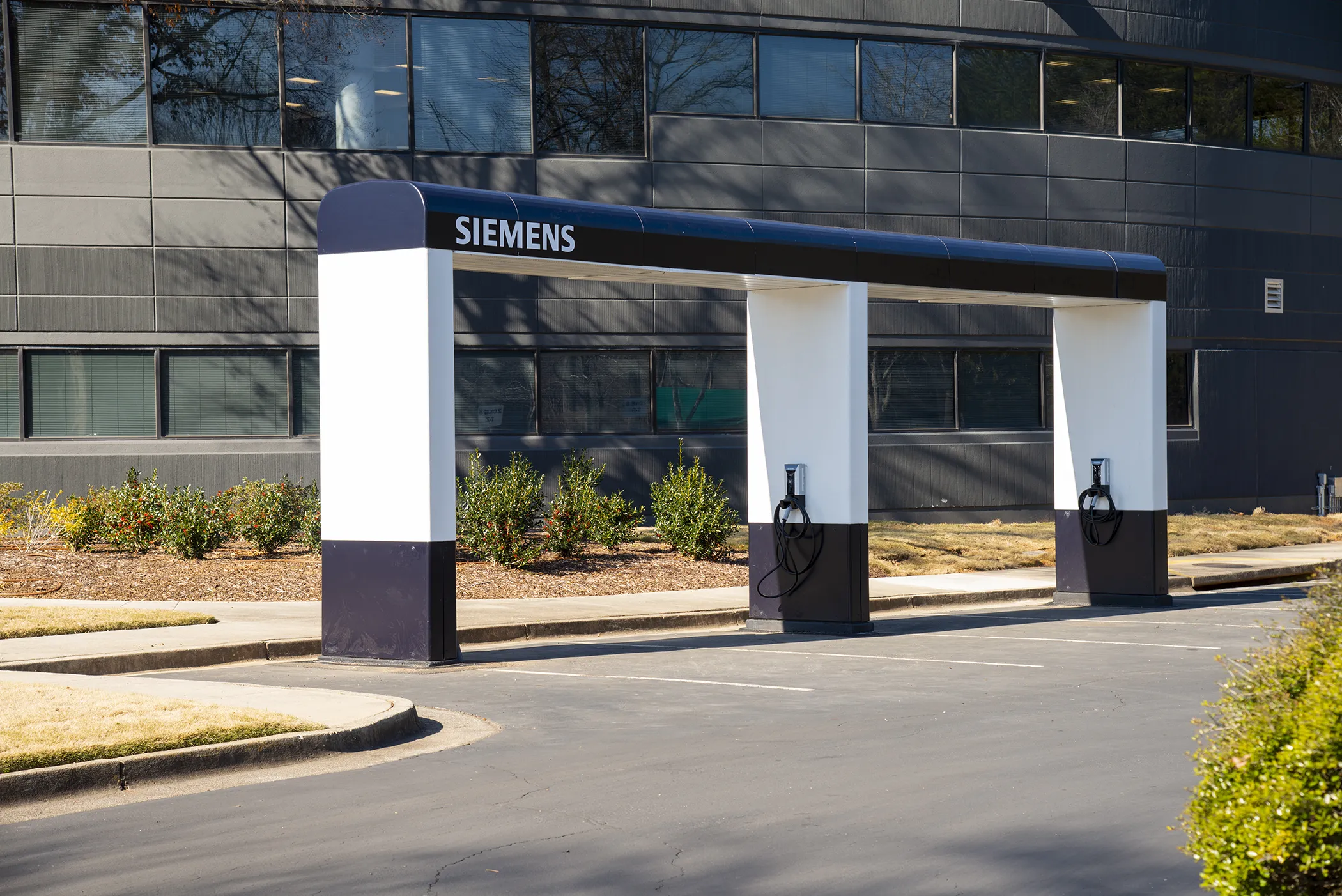Oxford City Council in the UK is trialling technology start-up Urban Electric Networks’ pop-up charge point in a £600,000 initiative to encourage UK residents to make the switch to electric vehicles (EVs). Urban Electric says its UEone is a charging solution for households who have to park cars on-street in residential parking zones. The project is co-funded by Innovate UK, following a successful £474,000 bid led by Urban Electric.
May 16, 2018
Read time: 1 min
Oxford City Council in the UK is trialling technology start-up Urban Electric Networks’ pop-up charge point in a £600,000 initiative to encourage UK residents to make the switch to electric vehicles (EVs). Urban Electric says its UEone is a charging solution for households who have to park cars on-street in residential parking zones.
The project is co-funded by Innovate UK, following a successful £474,000 bid led by Urban Electric.
UEone charges at up to 5.8kW and retracts underground when not in use to minimise the impact on the urban environment. Urban Electric claims that the device is suitable for more than 90% of residential streets and comes with a grid demand management capability to allow whole streets to be electrified simultaneously. In addition, UEone's SmartCable allows users to charge EVs at any of its Pop-up charge points or Ubitricity lamp post.
The project is co-funded by Innovate UK, following a successful £474,000 bid led by Urban Electric.
UEone charges at up to 5.8kW and retracts underground when not in use to minimise the impact on the urban environment. Urban Electric claims that the device is suitable for more than 90% of residential streets and comes with a grid demand management capability to allow whole streets to be electrified simultaneously. In addition, UEone's SmartCable allows users to charge EVs at any of its Pop-up charge points or Ubitricity lamp post.










